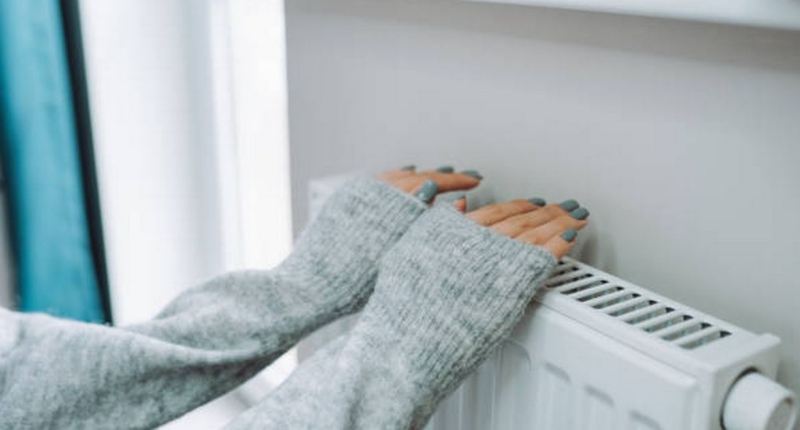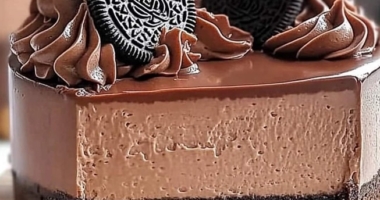Many Brits are looking for ways to save money on their heating bill, and a common cleaning mistake could be costing them cash. By keeping the area behind radiators clean, they can run as efficiently as possible, leading to lower heating bills. Dirt and dust can become trapped between the fins of convection radiators, causing them to work harder to heat the room and use more energy. Giving all radiators a deep clean at least once a year takes minimal effort but can make a big difference in your pocket. Bleeding radiators once a year is also a quick and easy way to maximize their heat production and ensure they are as energy efficient as possible. Bleeding removes any air bubbles that could be stopping the hot water from circulating properly, putting more strain on the boiler and, therefore, harming its efficiency. Following these simple cleaning tips can help households save money on their heating bill and reduce energy waste.
Common Cleaning Mistake Costing Families on their Heating Bill
As the cost of living continues to increase, many Brits are looking for ways to save money. One heating expert has identified a common cleaning mistake that could be costing families cash on their heating bill.
According to a spokesperson from leading trades training firm Engineering Real Results, households may be overlooking a simple trick to cut down on their energy usage. Cleaning the area behind radiators can increase their efficiency, leading to lower heating bills.
Dirt and dust can become trapped between the fins of convection radiators, causing them to work harder to heat the room and use more energy. By giving all radiators a deep clean at least once a year, households can maximize their efficiency with minimal effort.
Radiators work by circulating hot water from the boiler through them, heating the air nearby, and then transferring the heat around the room through convection. However, dust and dirt can collect at the back and across the fins, which are zigzag metal strips that connect the radiator panels, making them less energy efficient.
To clean the fins, experts recommend vacuuming them and then using a damp cloth to wipe away any remaining residue. Bleeding radiators, allowing trapped air to escape, at least once a year can also improve their effectiveness and reduce energy waste.
Bleeding all radiators in the home is a quick and easy way to maximize their heat production and ensure they are as energy efficient as possible. It removes any air bubbles that could be stopping the hot water from circulating properly, putting more strain on the boiler and, therefore, harming its efficiency.
By following these simple cleaning tips, households can ensure that their radiators are running as efficiently as possible, leading to lower heating bills and reduced energy waste.
Don’t miss interesting posts on Famousbio









